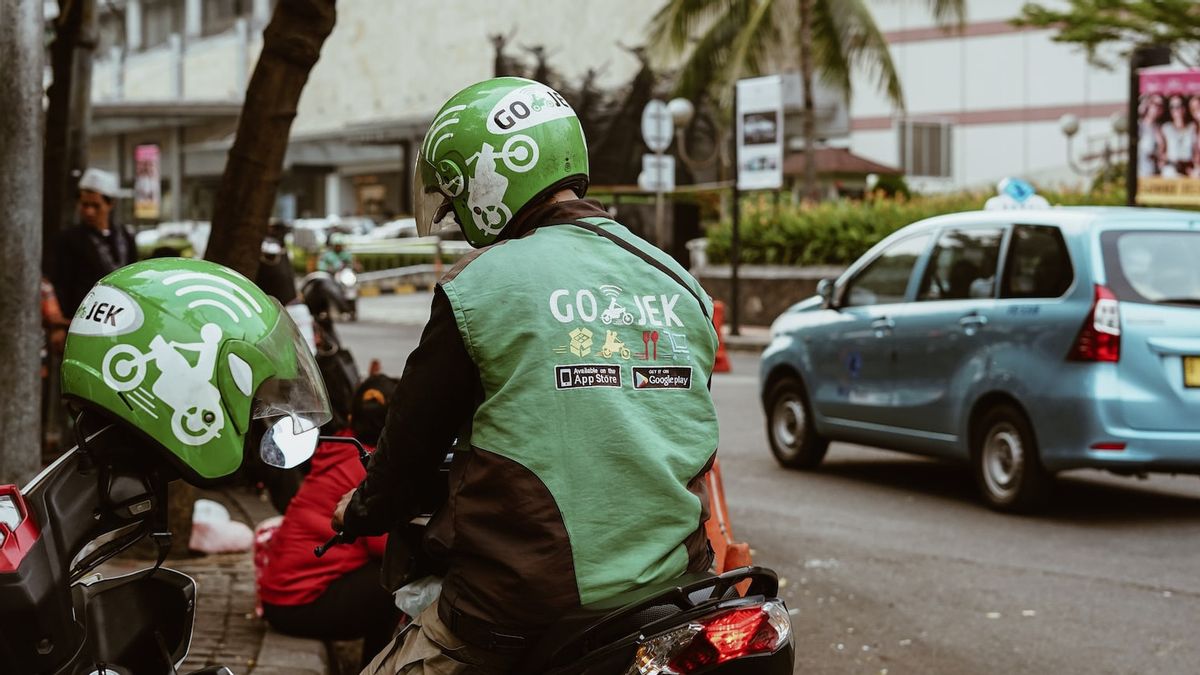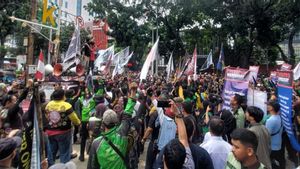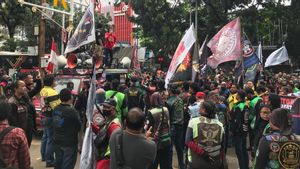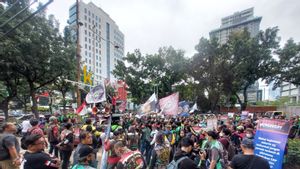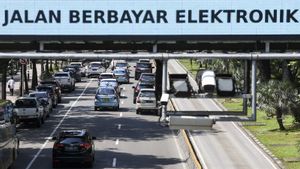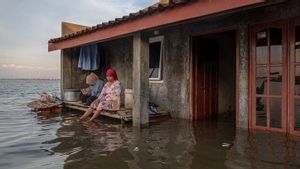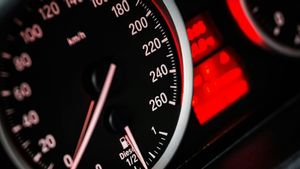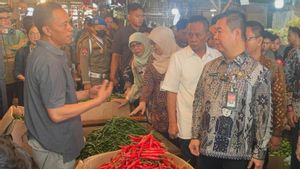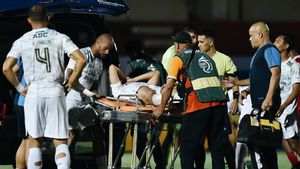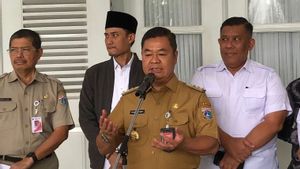JAKARTA - Head of the DKI Jakarta Transportation Agency, Syafrin Liputo, responded to the demonstration by online motorcycle taxi (ojol) drivers who refused to apply paid roads because they were burdensome.
Met at the DKI DPRD building, Syafrin emphasized that online transportation vehicles such as ojol are still included in the imposition of electronic road pricing (ERP). This is because the vehicle does not have a yellow plate as a public transport marker.
In this case, Syafrin refers to Law Number 22 of 2009 concerning Road Traffic and Transportation (UU LLAJ).
"As in Law Number 22, the ERP exemption is only for yellow plates and online transportation is still black plate," said Syafrin, Wednesday, January 25.
Syafrin admits that there is an opportunity to exclude online transportation from imposing paid road fares. However, this can only be done if the LLAJ Law is revised by the central government and the Indonesian Parliament and includes online transportation as public transportation.
"We will see the progress of the revision of Law Number 22 of 2009 which is currently still in the DPR. However, with the position that UU 22/2009 still exists, we will continue to refer to this matter," said Syafrin.

The LLAJ Law was planned to be revised by the DPR. The DPR has held hearings (RDP) with a number of parties, including online transportation applicators. However, the revision of the LLAJ Law was removed from the list of national legislation programs for 2023.
For information, motorbikes are considered to be subject to paid road fares like other private motorized vehicles. So, DKI Pemprov will also charge the ERP rates to online motorcycle taxi vehicles. The reason is, these vehicles are not included in the yellow plate vehicles (public transportation).
VOIR éGALEMENT:
In the results of the DKI Transportation Agency's study, there are factors that are taken into consideration by motorcycles being included in the ERP tariff imposition. Referring to DKI Jakarta Central Statistics Agency (BPS) data in 2020, the number of motorcycles in one year has increased by around 5.3 percent.
Then, the implementation of the odd-even traffic control effort has resulted in 37 percent of car users switching to motorcycles, 17 percent switching to motorcycle taxis and online transportation, and only 27 percent switching to public transportation.
Now, a draft Regional Regulation (Raperda) on Electronic Traffic Control which regulates paid roads has been prepared. Pemprov and DPRD DKI have also held initial discussions regarding the contents of the draft regional regulation, but discussion of article by article has not yet been carried out.
The English, Chinese, Japanese, Arabic, and French versions are automatically generated by the AI. So there may still be inaccuracies in translating, please always see Indonesian as our main language. (system supported by DigitalSiber.id)
